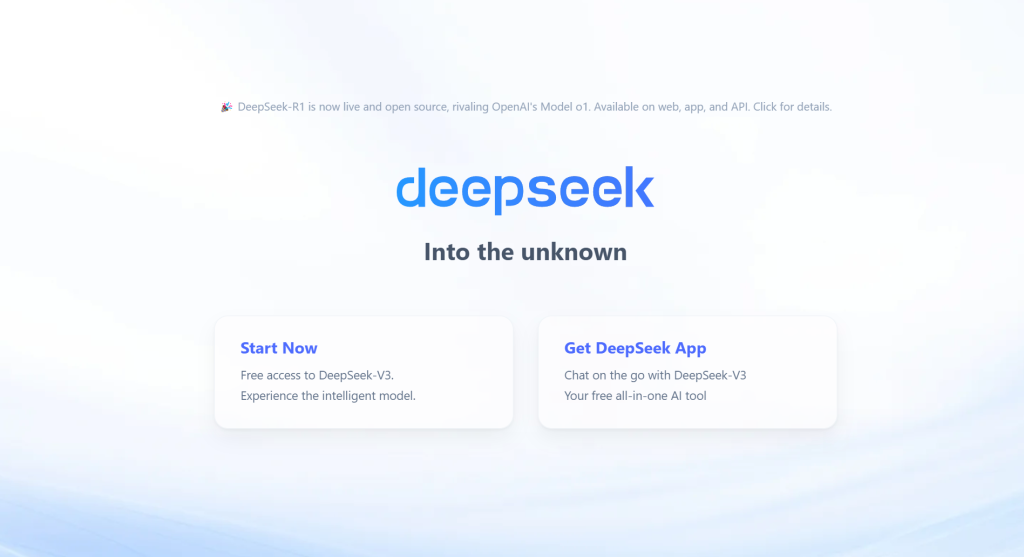Ericsson’s Cognitive Labs: A New Frontier in Telecoms AI Research

Ericsson’s Cognitive Labs: A New Frontier in Telecoms AI Research
In a groundbreaking move to elevate the telecommunications sector, Ericsson has officially launched its Cognitive Labs initiative—an innovative research hub dedicated to the advancement of artificial intelligence within the industry. Operating virtually and focusing on collaborative, open-source development, Cognitive Labs is set to explore cutting-edge AI technologies such as Graph Neural Networks, Active Learning, and Large-Scale Language Models. By uniting expertise from its specialized research arms—the Geometric Artificial Intelligence Lab, the Machine Learning and Reasoning Lab, and the Fundamental Artificial Intelligence Lab—Ericsson aims to revolutionize mobile communications while opening new pathways for applications in sectors like healthcare. This forward-thinking approach underlines Ericsson’s commitment to innovation and positions the company as a leader in the evolving landscape of AI. To learn more about the future of AI in telecoms, visit Ericsson’s official announcement.
Ericsson’s Cognitive Labs: What It Means for Telecoms AI Innovation
Ericsson’s launch of Cognitive Labs marks a significant milestone in the realm of telecommunications and artificial intelligence. This initiative is tailored to explore and advance AI technologies, redefining how telecom services are developed and delivered. But what specific innovations and advancements can we expect from this new research hub? Let’s delve into the unique features of Cognitive Labs and the impact they may have on various sectors.
Understanding Graph Neural Networks: Revolutionizing Data Processing
One of the cornerstone technologies that Ericsson’s Cognitive Labs will explore is Graph Neural Networks (GNNs). GNNs are designed to process data that is structured as graphs, handling interconnected data points with exceptional efficiency. By leveraging GNNs, Ericsson aims to improve the reliability and performance of telecom networks by enhancing anomaly detection, traffic optimization, and service reliability.
This innovative approach has significant implications beyond telecommunications. For instance, GNNs can be applied in healthcare to analyze complex relationships within biological networks, aiding in drug discovery and precision medicine. As a result, the advancement of GNNs within Cognitive Labs has the potential to create synergies across various industries. For further insights on GNNs and their applications, consider exploring sources like the Towards Data Science.
The Role of Active Learning in AI Efficiency
Active Learning is another pivotal area that Cognitive Labs will focus on. This machine learning paradigm seeks to maximize the efficiency of AI training by selectively querying data labels. Through the implementation of Active Learning, Ericsson can reduce the volume of data required for training models, leading to faster and more cost-effective development cycles.
In telecommunications, this technology can streamline customer support systems by quickly training models to understand and respond to common queries. Furthermore, the versatility of Active Learning makes it applicable in various domains including finance, where it can assist in fraud detection by identifying data points that are most crucial for training. For more information on Active Learning and its applications, check out the article from DigitalOcean.
Large-Scale Language Models: The Future of Communication
Large-Scale Language Models (LLMs) are set to change the telecom landscape significantly. Ericsson’s Fundamental Artificial Intelligence Lab will be dedicated to developing these models, capable of understanding and generating human-like text. The implications for customer service, automated responses, and personalized communication strategies are profound.
By utilizing LLMs, telecom providers can craft more tailored and adaptive interfaces, thereby improving user experience. Moreover, these models can assist in real-time translation services, facilitating global communication in an increasingly interconnected world. For a deeper analysis of the potential of LLMs, consider visiting Towards Data Science.
A Commitment to Open-Source Collaboration
Ericsson’s Cognitive Labs emphasizes the importance of open-source collaboration, which is pivotal in driving innovation. By engaging with the open-source community, Ericsson facilitates the development of reusable AI libraries that can benefit researchers and professionals alike. This collaborative approach not only accelerates the advancement of AI technologies but also invites diverse perspectives, fostering a culture of shared knowledge and innovation.
Open-source initiatives are beneficial for academic and commercial entities, creating pathways for joint research projects and the rapid diffusion of new ideas. A notable example of successful open-source collaboration in AI can be found in projects like TensorFlow and PyTorch, which have both been instrumental in promoting AI development across various sectors.
Strategic Alliances: Enhancing AI Research Capabilities
Ericsson has strategically aligned itself with academia to strengthen its research capabilities, particularly with institutions like Universidad Pontificia Comillas in Spain. Through partnerships like this, Cognitive Labs will benefit from collaboration with top-tier data scientists and engineers who bring fresh insights to the research process.
This collaboration aims not only to enhance Ericsson’s research output but also to contribute to the overall advancement of AI in Europe. By sponsoring joint publications and actively participating in open-source initiatives, such partnerships can accelerate the pace of innovation and result in cutting-edge solutions that benefit both the telecom industry and broader society.
AI and the Future of Telecommunications
As the industry evolves, the integration of AI into telecommunications systems will become increasingly essential. Ericsson’s Cognitive Labs presents a unique opportunity to leverage advanced AI technologies to solve pressing challenges in mobile communication, enhance operational efficiencies, and create more responsive and innovative services. The focus on open collaboration and strategic partnerships will not only position Ericsson as a leader in telecom innovation but also as a catalyst for transformative change across various industries.
Embrace the Future of Telecom AI Innovation
Ericsson’s launch of the Cognitive Labs initiative signifies a pivotal moment in the telecommunications sector, aiming to revolutionize how AI technologies are integrated into mobile communication networks. By exploring innovative tools such as Graph Neural Networks, Active Learning, and Large-Scale Language Models, Ericsson is setting a new standard for efficiency and reliability across various industries, including healthcare and finance. The commitment to open-source collaboration and strategic partnerships further amplifies the potential for groundbreaking advancements. As the telecom landscape continues to evolve, staying informed and engaged with these developments is essential. Be sure to follow Ericsson’s journey in AI research and explore more about the transformative impact of these technologies by visiting Ericsson’s official announcement. Don’t miss the chance to be part of this exciting frontier in telecommunications!















































































































